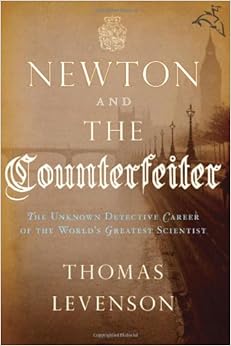Will the Procurement Tsar report to the Health Secretary or Francis Maude?
We all know that the problem is not setting up 'central lists' but in changing the culture so that the lists have the ownership of users, particularly clinicians. I'm not clear who the Tsar will be, but they will need to have remarkable influence, change management expertise, leadership and tenacity. Will they also need to have procurement expertise or will they merely act as champions?
Will the Health Secretary act as the primary champion of the change and the Tsar take on the role of 'enforcer'? I don't think we've had such a Tsar in the past and it will be interesting to observe, not only who is appointed, but the strategy they adopt - will it be a carrot or a stick?
Of course the Tsar could claim an easy victory if they chose their battles with adminsitrators as opposed to clinicians. A 'central list' which includes toilet rolls, reams of paper, printers, laptops, water coolers, etc., would still be a 'central list' but the Tsar will need to demonstrate success in the areas which have been most resistant to change over the last 20 years otherwise they can expect a short life and difficulties in justifying their own value for money.
If they are successful we can expect a new model for public procurement - I wonder will they need the CIPS Licence too?






